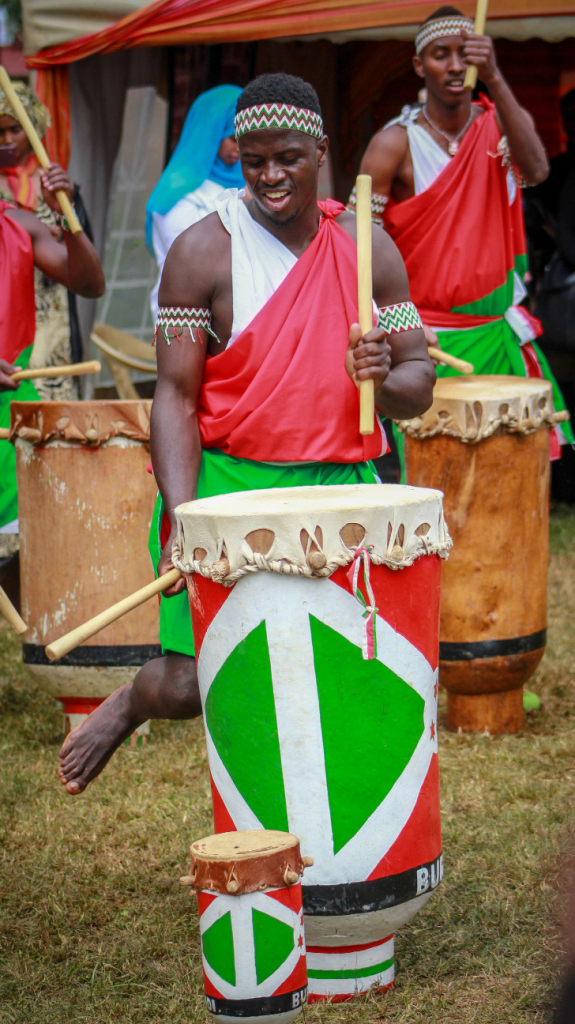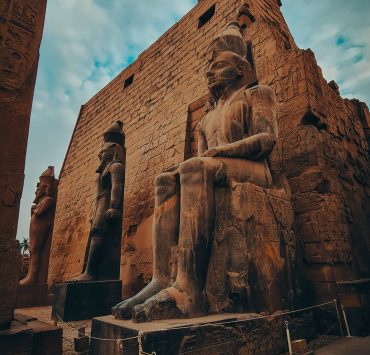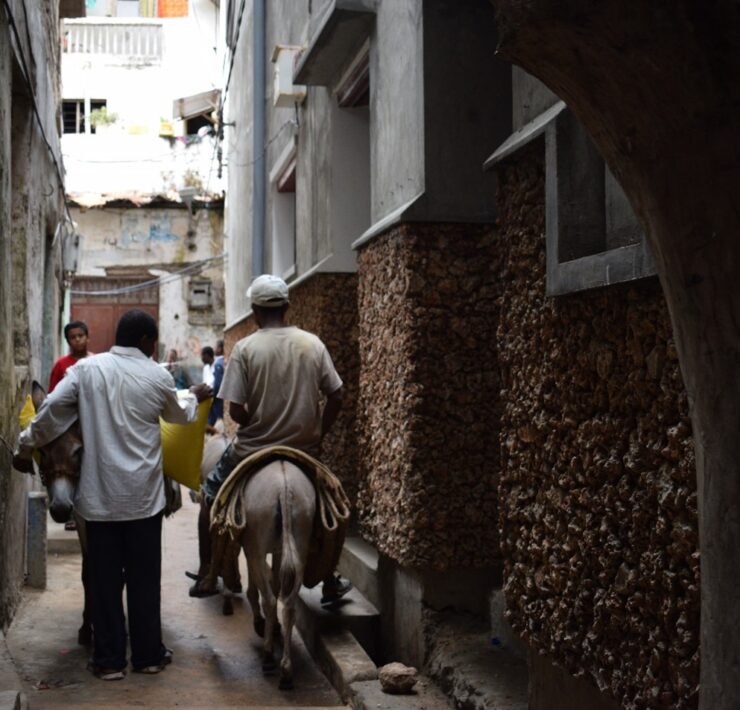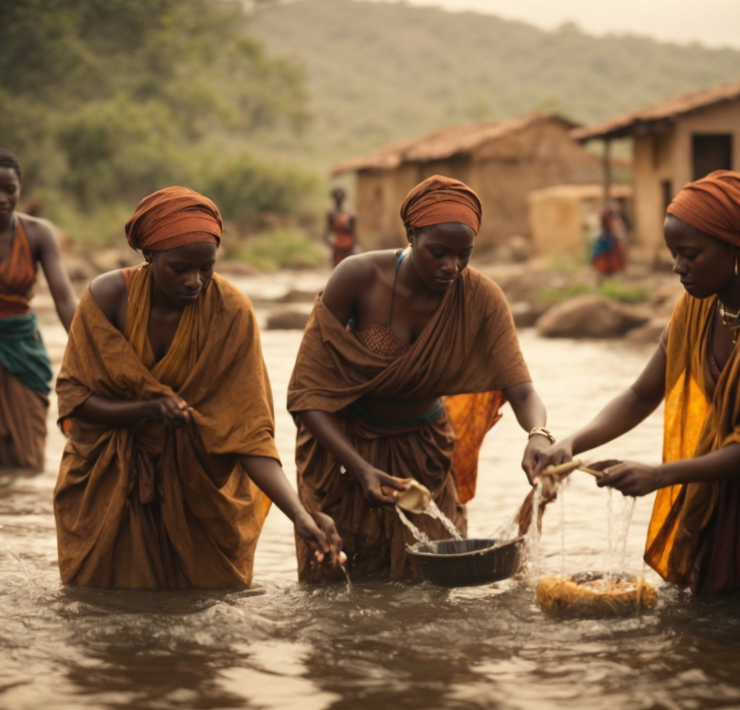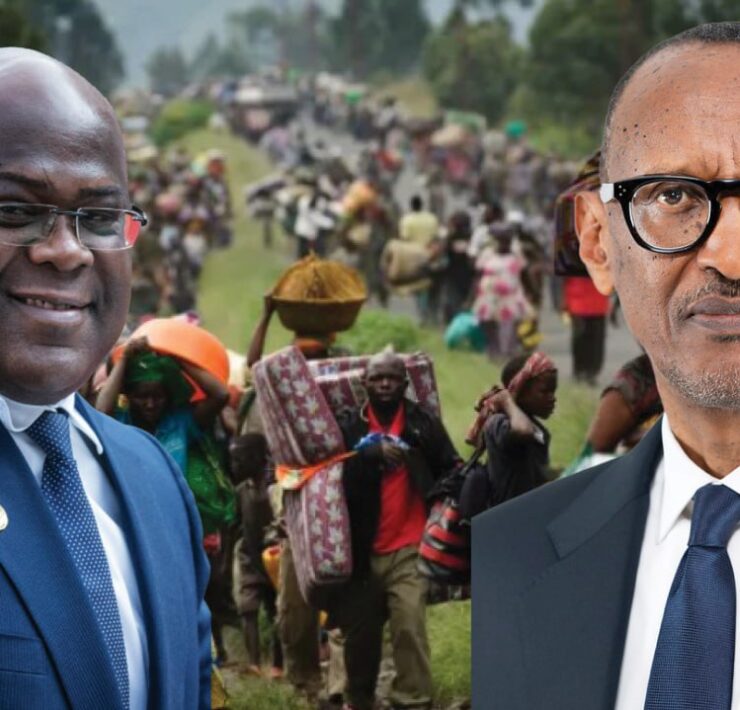
Norbert Mporoto is a Tanzanian Freelance Writer, Editor, Translator and…
Read Next
Ubuntu philosophy can easily be referred to as the base of the African philosophy of life and belief systems in which peoples’ daily-lived experiences are reflected. In their struggles to survive and exist as a human society on this planet, Africans have had the longest experience since the Homo Sapiens had his first home on this continent. The philosophy is used on a daily basis to settle disputes and conflicts at different levels on the continent and is therefore central to the idea of reconciliation. This testifies to the dynamism and vibrancy of this philosophy whatever the African linguistic expression.
In the book “African Philosophy through Ubuntu” Professor Ramose argues that Ubuntu is at the root of African philosophy and being. He states that the African tree of knowledge stems from the Ubuntu philosophy. According to him, Ubuntu is a wellspring that flows within African existence and epistemology in which the two aspects Ubu and ntu constitute wholeness and oneness. Thus, Ubuntu expresses the generality and oneness of being human. Thus, Ubuntu cannot be fragmented because it is continuous and always in motion as it always puts an emphasis on ‘being with others’ and therefore to achieve this togetherness, reconciliation with those “others” becomes a continuous necessity of being.
The concept of reconciliation under the African philosophy of Ubuntu offers different approaches of overcoming and transforming conflicts of different kinds at different levels into peaceful situations. This is what has made many of Africa’s conflicts manageable. At first, reconciliation involves a few people, but eventually, it leads to the reorientation of the relations between the conflicting parties to include a wider community.
Ubuntu contains an effective precept for conflict management, whereby the secret of the village headman’s skill who, while lacking all formal sanctions, yet through the imaginative power of reconciliation manages to safeguard the conflicting interests of the members of his community, without destroying any of them. Ubuntu philosophy shares reconciliation as a philosophy and practice that is not peculiar to the African peoples alone, rather as an essential element in most human relationships, which is normally found in the daily practices of different societies for the sake of resolving conflicts at different levels that continue to afflict the continent.
Reconciliation requires the creation of a consensus about the existence of the conflict. Under Ubuntu philosophy, conflict is not taken for granted, for it sometimes obscures underlying issues, which are partially expressed and which may not be clear to some of the conflicting actors, but which must, nevertheless, be resolved. For example, the Luo have a proverb that states, “Kinship is strengthened through friendship.” In reference to many African societies, peace is always on top, for people tend to prioritize friendship and kinship as their modes of being and living. In turn, this influences mixed marriages, sharing of some cultural values and customs that lead to many individuals having divided loyalties and interests in any conflict. This adds to the process of peacemaking as it enables pressures for a quick settlement of any dispute.
Reconciliation is about accepting responsibility for wrongs committed since guilt is not the main point of the process. What is important is the recognition of the problem, acceptance of the responsibility for what has happened, and the willingness to be part of the search for solutions. Under Ubuntu philosophy, after conflict, the question of reconciliation comes on top of the agenda. It is usual for the two protagonists to meet in the presence of an arbitrator from a neutral community. In many cases, treaties or agreements are entered into solemnly and are usually regarded as binding and sacred. The beliefs behind oaths are that God or some supernatural power would punish any individual who breaks the requirements of the oath.
In the other perspective, reconciliation is about the transformation of the conflict into a nonconflictual situation for the good of the larger humanity. Reconciliation is not an alternative to conflict but a transformation of the conflict. Both parties must define the stakes involved and relativize these stakes for the sake of the wider community as well as for the future of the unborn. One of the most important challenges facing the international community is the peaceful resolution of numerous harsh and violent conflicts.
The challenge is posed on two levels. The first involves temporary management of the conflict; it usually involves negotiation, mediation, and arbitration, and rests on leaders and elites, although it still requires support by the general population. The second, deeper level, involves reconciliation. This requires a change in the societal repertoire shared by the society’s members. Regardless of the challenges, under the Ubuntu philosophy of reconciliation elders play a great role, for example, Elders in northern Uganda have asserted that the traditional technique of reconciliation is the best to deal with the Kony “pollution” of the Acholi culture.
Reconciliation requires the performance of ritual and the explicit public verbalization of the termination of the conflict by all parties. This may be in the form of a public oath followed by rituals such as sharing of a meal or drink, which may invoke supernatural beings and the living-dead to intercede and assist the process of reconciliation. In the Acholi practice of the Mato Oput reconciliation process, reconciliation occurs with the simultaneous drinking of a bitterroot extract drink from a common calabash set on the ground. In the case of Mozambique, traditional leaders, in response to their own crisis, developed rituals known as “soul-cleansing”.
In Mozambique, “soul-cleansing” rituals were widespread and played a crucial role in developing reconciliation and reintegration “from below” – processes that took place at the grassroots level in ways that addressed the needs of the individual, the family, and the wider community. With such an approach, Ubuntu reconciliation goes beyond established normative rules, institutions, and procedures, which may be inadequate to deal with the conflict. Reconciliation is therefore a creative and flexible human activity that is undertaken for the sake of humanity as a shared community.
Since Ubuntu is the essence of a human being, the divine spark of goodness is inherent within each being. From the beginning of time, the divine principles of Ubuntu have guided African societies. Respect for the community and corporate social responsibility are part of the African Ubuntu philosophy, good governance is made possible under the African Ubuntu philosophy, reconciliation is successfully made possible to ensure peace and unity last forever. Therefore, the practice of the Ubuntu philosophy, with regard to humanity, care, sharing, teamwork spirit, compassion, dignity, consensus decision-making system, and respect for the environment are all positive elements that contribute towards togetherness; this is why we say, “Ubuntu is about a community coming together and help each other.”
Subscribe now for updates from Msingi Afrika Magazine!
Receive notifications about new issues, products and offers.
What's Your Reaction?
 PIN IT
PIN ITNorbert Mporoto is a Tanzanian Freelance Writer, Editor, Translator and Poet. He composes poems of all kinds and writes novels and short stories. He also writes articles on several contemporary issues. Norbert is also skilled in the preparation of Business Plans, Project Proposals, Memorandums for Companies, Educational research and reports. You can reach Norbert at: https://linktr.ee/Mporoto










